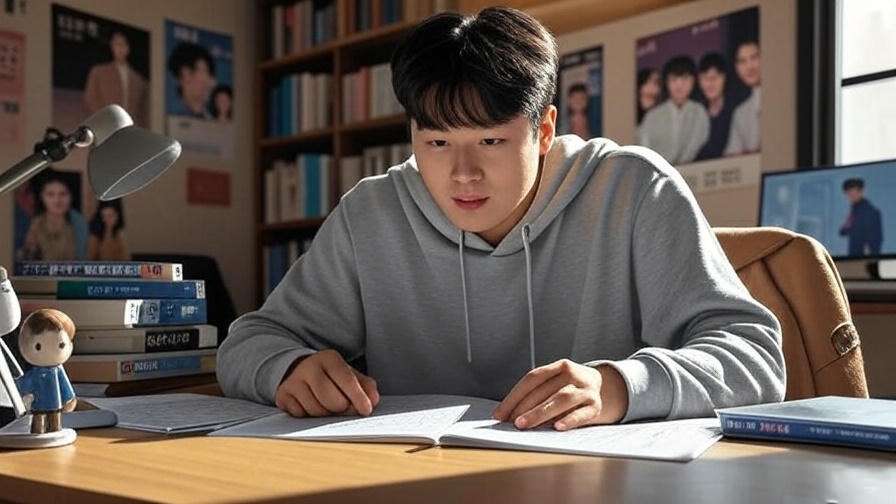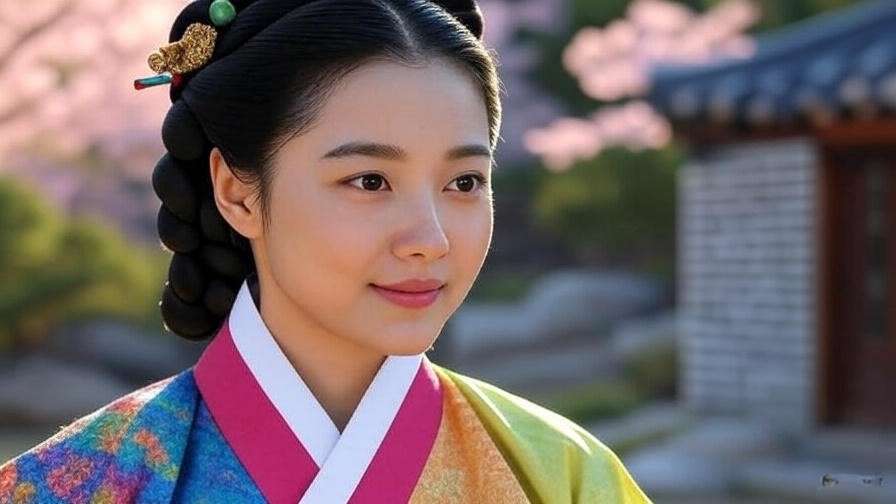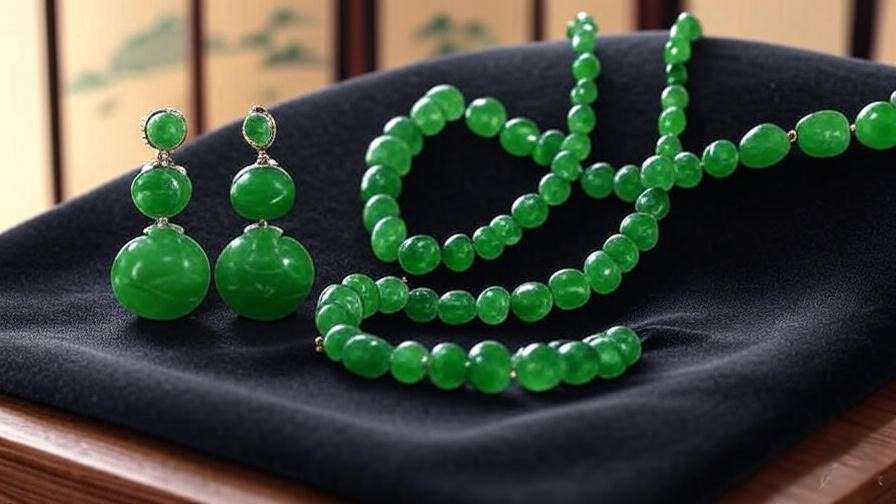Imagine watching a gripping K-drama, where a wise grandmother shares a cryptic saying that shifts the entire scene: “Even a monkey falls from a tree when it’s drunk.” This Korean proverb, rich with humor and wisdom, instantly deepens your connection to the story. Korean proverbs are more than quaint sayings; they are pearls of cultural insight, offering a window into Korea’s values, history, and heart. Whether you’re a K-drama enthusiast or a curious learner of Korean culture, understanding these proverbs unlocks a profound appreciation of Korea’s heritage. In this article, we explore 10 timeless Korean proverbs, their meanings, cultural significance, and practical applications, drawing from historical texts, expert insights, and K-drama examples. As a Korean culture enthusiast with years of study and interviews with native speakers, I’ll guide you through these sayings to enrich your cultural journey.
Why Korean Proverbs Matter in Understanding Culture
 The Role of Proverbs in Korean Society
The Role of Proverbs in Korean Society
Korean proverbs, or sokdam, are woven into the fabric of daily life, reflecting values like humility, perseverance, and community. Rooted in centuries of tradition, they serve as moral compasses, guiding conversations in homes, workplaces, and even K-dramas. For instance, a proverb like “You can’t spit on a smiling face” emphasizes Korea’s emphasis on harmony and kindness, often heard in family discussions or workplace advice. These sayings distill complex life lessons into memorable phrases, making them accessible yet profound.
Historical Context of Korean Proverbs
Korean proverbs trace their origins to ancient oral traditions, with many solidified during the Joseon Dynasty (1392–1897). Influenced by Confucianism, Buddhism, and shamanism, they reflect Korea’s philosophical diversity. For example, Confucian values of respect and duty appear in sayings about family and legacy, while Buddhist influences highlight impermanence. Historical texts, like the Samguk Sagi (Chronicles of the Three Kingdoms), show early proverbs shaping societal norms. According to Dr. Kim Soo-jin, a cultural historian at Seoul National University, “Proverbs were Korea’s way of preserving wisdom across generations, especially in turbulent times.”
Relevance Today
In modern Korea, proverbs remain relevant, bridging tradition and contemporary life. They appear in casual conversations, corporate boardrooms, and social media, resonating with younger generations. For example, K-drama fans on platforms like X often share proverbs to discuss themes in shows like Crash Landing on You. These sayings offer timeless advice, such as resilience in the face of change or the value of teamwork, making them essential for understanding Korea’s evolving culture.
The Power of Proverbs in Korean Dramas
Proverbs as Storytelling Devices
K-dramas use proverbs to add depth and authenticity, often as pivotal dialogue. In Crash Landing on You (Episode 10), a character references “Even rivers and mountains change in ten years” to highlight the inevitability of change, resonating with viewers navigating personal transitions. Similarly, Vincenzo (Episode 5) uses proverbs to underscore moral dilemmas, making scenes relatable and culturally rich. These moments elevate storytelling, grounding fictional narratives in real Korean wisdom.
Connecting Fans to Korean Wisdom
For global K-drama fans, proverbs offer a cultural bridge. Noticing a proverb in a show like Itaewon Class can spark curiosity about Korean values, such as perseverance or community. Tip: Keep a notebook while watching K-dramas to jot down proverbs and their contexts. This practice deepens your understanding and makes watching more interactive. Fans on X often share such discoveries, creating vibrant discussions about Korean culture.
10 Timeless Korean Proverbs and Their Meanings
Proverb 1: “Even a monkey falls from a tree when it’s drunk” (원숭이도 술에 취하면 나무에서 떨어진다)
 Meaning: Overconfidence or carelessness leads to mistakes, no matter how skilled one is.
Meaning: Overconfidence or carelessness leads to mistakes, no matter how skilled one is.
Cultural Context: This humorous proverb reflects Korea’s value of humility. Rooted in Confucian teachings, it warns against arrogance, a trait frowned upon in Korean society.
Application: In professional settings, this proverb reminds us to stay vigilant. For example, a project manager might double-check work to avoid errors, even after years of expertise.
Example: In Start-Up (Episode 8), a character’s overconfidence leads to a business misstep, echoing this proverb’s lesson.
Proverb 2: “A tiger leaves behind its skin when it dies” (호랑이는 죽어서 가죽을 남긴다)
 Meaning: A person’s legacy endures beyond their lifetime.
Meaning: A person’s legacy endures beyond their lifetime.
Cultural Context: Tigers symbolize strength in Korean folklore, and this proverb highlights the importance of honor and reputation, core Confucian values.
Application: Focus on actions that build a lasting, positive legacy, like mentoring others or creating meaningful work.
Example: In real life, a teacher’s lessons might inspire students for generations, much like a tiger’s enduring skin.
Proverb 3: “You can’t spit on a smiling face” (웃는 얼굴에 침 뱉으랴)
 Meaning: Kindness disarms negativity and fosters goodwill.
Meaning: Kindness disarms negativity and fosters goodwill.
Cultural Context: This proverb underscores Korea’s emphasis on social harmony, encouraging empathy in interactions.
Application: Use kindness to de-escalate conflicts, such as offering a smile during a heated discussion.
Example: In Hospital Playlist (Episode 4), a doctor’s warm demeanor calms an anxious patient, embodying this proverb.
Proverb 4: “Even rivers and mountains change in ten years” (십년이면 강산도 변한다)
Meaning: Change is inevitable over time, no matter how permanent things seem.
Cultural Context: Born from Korea’s history of upheaval, this proverb encourages resilience and adaptability.
Application: Embrace change, like pivoting careers or adapting to new technologies, with an open mind.
Example: Crash Landing on You uses this proverb to reflect on personal growth across borders.
Proverb 5: “One hand’s sound is small” (한 손으로 소리가 작다)
 Meaning: Cooperation is essential for success; individual efforts are limited.
Meaning: Cooperation is essential for success; individual efforts are limited.
Cultural Context: Korea’s collectivist culture values teamwork, evident in family and workplace dynamics.
Application: Collaborate effectively in group projects or community initiatives for greater impact.
Example: In Itaewon Class (Episode 12), teamwork drives the protagonist’s business success, mirroring this proverb.
Proverb 6: “A single arrow can’t bring down a tiger” (화살 한 발로는 호랑이를 잡을 수 없다)
Meaning: Major challenges require persistent, collective effort rather than a single attempt.
Cultural Context: This proverb reflects Korea’s cultural emphasis on perseverance and diligence, often seen in the nation’s strong work ethic. It draws from the imagery of a tiger, a symbol of formidable strength in Korean folklore.
Application: When facing big goals, like launching a business or mastering a skill, break them into manageable steps and seek support. For instance, a student preparing for exams might study consistently over months rather than cramming.
Example: In Vincenzo (Episode 7), the protagonist’s strategic, multi-step plan to defeat a powerful opponent mirrors this proverb’s wisdom.
Proverb 7: “Words have no wings but fly a thousand miles” (말에는 날개가 없어도 천리를 날아간다)
Meaning: Words carry far-reaching impact, spreading quickly and influencing others.
Cultural Context: Rooted in Korea’s oral tradition, this proverb highlights the power of communication and the need for mindfulness, as words can shape reputations or relationships.
Application: Practice thoughtful communication, especially on social media, where a single post can reach a global audience. For example, a kind word to a colleague can foster goodwill far beyond the moment.
Example: In My Mister (Episode 10), a character’s heartfelt words ripple through their community, illustrating this proverb’s truth.
Proverb 8: “A rolling stone gathers no moss” (구르는 돌은 이끼가 끼지 않는다)
Meaning: Staying active and adaptable prevents stagnation and fosters growth.
Cultural Context: This proverb aligns with Korea’s value of progress and diligence, encouraging continuous self-improvement. It resonates in a society that prizes innovation and hard work.
Application: Keep learning new skills or exploring new experiences to stay dynamic. For instance, taking an online Korean language course can keep your cultural knowledge fresh.
Example: In Start-Up (Episode 3), the protagonist’s relentless pursuit of growth reflects this proverb’s spirit.
Proverb 9: “Even a blind man can find his way home” (장님도 집은 찾는다)
Meaning: Instinct and familiarity guide us, even in challenging situations.
Cultural Context: This proverb emphasizes trust in one’s roots and intuition, reflecting Korea’s deep connection to family and community as sources of strength.
Application: Rely on your core values or familiar routines during uncertainty. For example, returning to family traditions can provide comfort during stressful times.
Example: In Reply 1988 (Episode 15), a character’s return to their hometown evokes this proverb’s sense of belonging.
Proverb 10: “A frog in a well knows nothing of the sea” (우물 안 개구리 바다를 모른다)
 Meaning: A limited perspective restricts understanding; openness broadens horizons.
Meaning: A limited perspective restricts understanding; openness broadens horizons.
Cultural Context: This proverb encourages humility and curiosity, urging Koreans to look beyond their immediate surroundings. It’s particularly relevant in today’s globalized world.
Application: Seek diverse perspectives, such as traveling or engaging with international K-drama fan communities on X, to expand your worldview.
Example: In Itaewon Class (Episode 16), a character’s growth comes from embracing new ideas, embodying this proverb.
How to Use Korean Proverbs in Everyday Life
Practical Applications for Non-Koreans
Korean proverbs offer universal wisdom that anyone can apply. For instance, using “You can’t spit on a smiling face” in a workplace dispute can remind you to approach conflicts with empathy. Start small by incorporating one proverb into your daily reflections or conversations. Tip: Create a journal to note how each proverb applies to your experiences, like using “A rolling stone gathers no moss” to motivate consistent exercise. This practice fosters cultural appreciation and personal growth.
Learning Korean Through Proverbs
 Proverbs are a powerful tool for language learners, combining vocabulary with cultural context. For example, learning “원숭이도 술에 취하면 나무에서 떨어진다” teaches words like 원숭이 (monkey) and 술 (alcohol) while revealing cultural values. Below is a table of key phrases from the proverbs:
Proverbs are a powerful tool for language learners, combining vocabulary with cultural context. For example, learning “원숭이도 술에 취하면 나무에서 떨어진다” teaches words like 원숭이 (monkey) and 술 (alcohol) while revealing cultural values. Below is a table of key phrases from the proverbs:
| Proverb Phrase | Translation | Pronunciation |
|---|---|---|
| 원숭이도 술에 취하면 | Even a monkey when drunk | Won-soong-i-do sul-eh chwi-ha-myeon |
| 호랑이는 가죽을 | A tiger leaves its skin | Ho-rang-i-neun ga-jook-eul |
| 웃는 얼굴 | A smiling face | Oot-neun eol-gool |
| 강산도 변한다 | Rivers and mountains change | Gang-san-do byeon-han-da |
| 한 손으로 | With one hand | Han son-eu-ro |
Tip: Practice these phrases with a language app or a native speaker to improve pronunciation and cultural fluency.
Cultural Sensitivity Tips
Using proverbs respectfully is crucial to avoid cultural appropriation. Research their meanings thoroughly, ideally through reputable sources like the National Institute of Korean Language. Avoid using proverbs out of context, such as jokingly quoting “A frog in a well” without understanding its depth. Dr. Park Ji-hye, a Korean language instructor, advises, “Approach proverbs with curiosity and respect, as they carry centuries of Korean wisdom.”
Proverbs in Modern Korean Pop Culture
Proverbs in K-Pop and Media
K-pop and Korean media often weave proverbs into lyrics and narratives. For example, BTS’s song “Spring Day” echoes the sentiment of “Even rivers and mountains change in ten years” by reflecting on inevitable change. Variety shows like Running Man also use proverbs humorously, such as “One hand’s sound is small” to emphasize teamwork in challenges. These references make proverbs accessible to global audiences, blending tradition with modernity.
Social Media Trends
On platforms like X, K-culture fans share proverbs to discuss K-drama themes or life lessons. A recent X post highlighted “Words have no wings but fly a thousand miles,” connecting it to viral K-pop moments. Engaging with these discussions can deepen your cultural understanding. Tip: Follow hashtags like #KoreanCulture or #KdramaWisdom on X to join proverb-related conversations.
Common Misconceptions About Korean Proverbs
Myth vs. Reality
A common misconception is that all Korean proverbs are Confucian-based. While many reflect Confucian values like duty and humility, others draw from Buddhist or shamanistic roots, such as those emphasizing impermanence. Another myth is that proverbs are outdated; in reality, they thrive in modern contexts, from K-dramas to corporate settings. Historical texts like Dongui Bogam show proverbs’ diverse origins, debunking these stereotypes.
Avoiding Misuse
Non-Koreans should avoid using proverbs flippantly, as this risks diluting their cultural weight. For example, quoting “A tiger leaves behind its skin” without context might seem trivializing. Instead, use proverbs thoughtfully, citing their cultural significance. Cross-reference meanings with reliable sources, like Korean cultural heritage sites, to ensure accuracy.
FAQs About Korean Proverbs
Q1: What are the most common Korean proverbs used today?
A: Proverbs like “Even a monkey falls from a tree when it’s drunk” and “A frog in a well knows nothing of the sea” are widely used for their relatable wisdom.
Q2: How do Korean proverbs differ from Western proverbs?
A: Korean proverbs often emphasize collectivism and humility, rooted in Confucian and Buddhist traditions, while Western proverbs may focus more on individualism.
Q3: Can learning proverbs help me understand K-dramas better?
A: Absolutely. Proverbs reveal cultural nuances, making K-drama themes like family loyalty or resilience more relatable.
Q4: Where can I find authentic sources for Korean proverbs?
A: Explore resources like the National Institute of Korean Language or books like Korean Proverbs by Bruce K. Grant.
Q5: Are Korean proverbs still relevant in modern Korea?
A: Yes, they guide daily life, from workplace advice to social media trends, blending tradition with modernity.
Korean proverbs are more than words; they’re cultural treasures that illuminate Korea’s values, history, and resilience. From “Even a monkey falls from a tree when it’s drunk” to “A frog in a well knows nothing of the sea,” these 10 sayings offer timeless wisdom for K-drama fans and culture enthusiasts alike. By applying them to your life, you can navigate challenges with humility, teamwork, and adaptability. Try spotting these proverbs in your next K-drama binge or share your favorite on X with #KoreanWisdom. Let these sayings inspire a lifelong journey into Korean culture.













